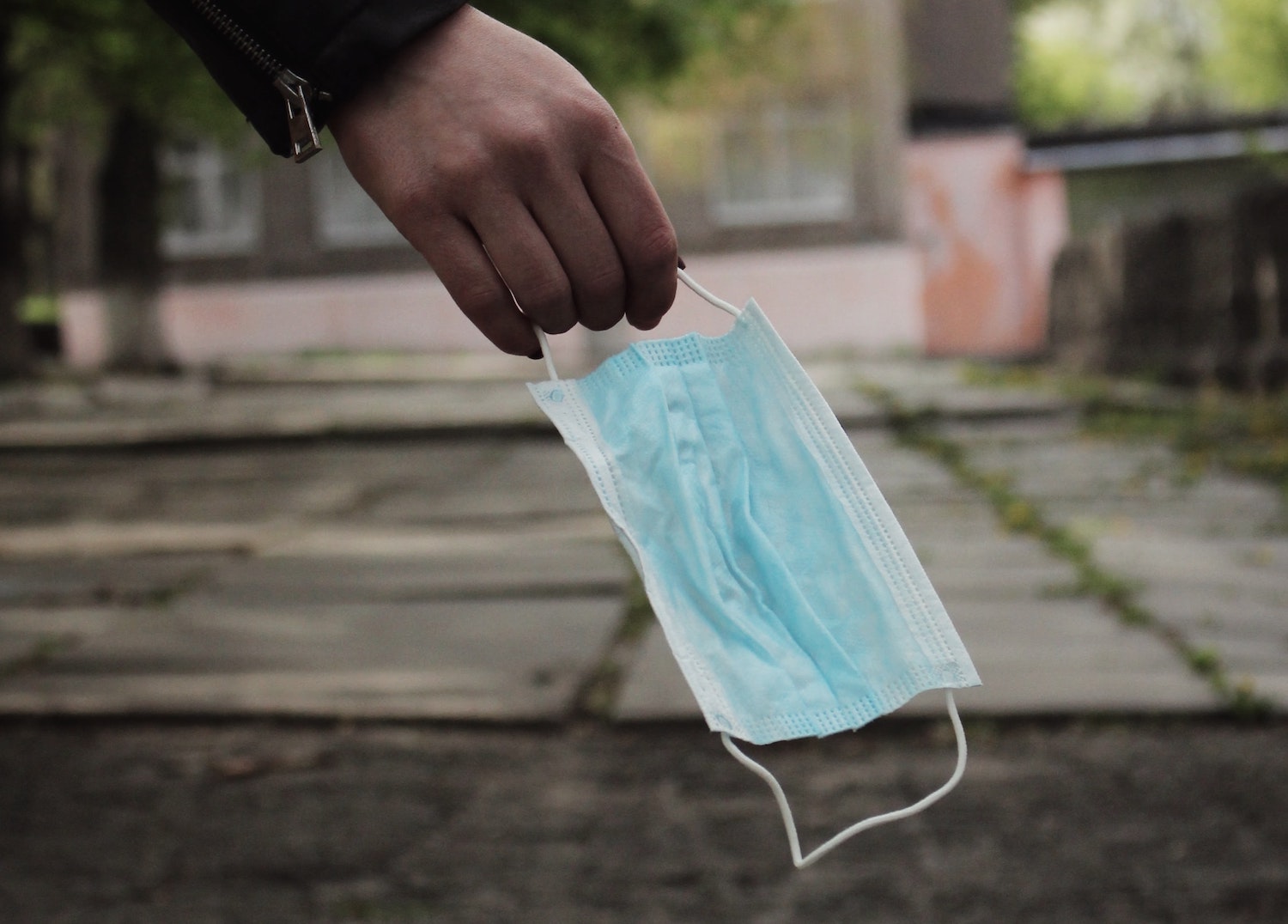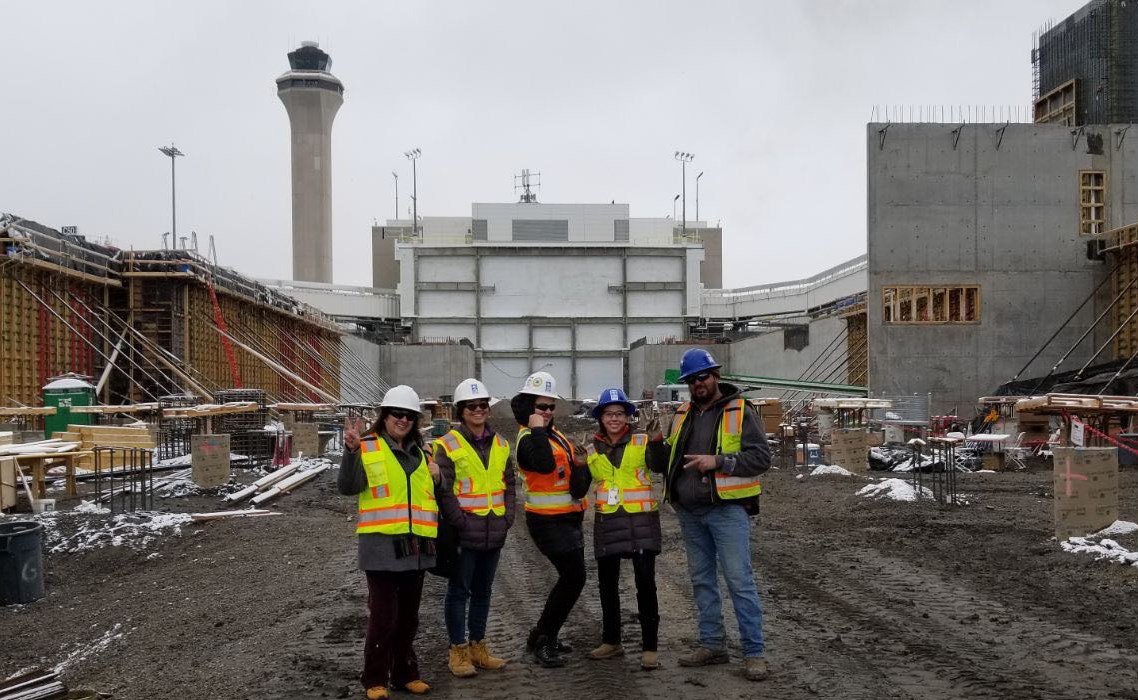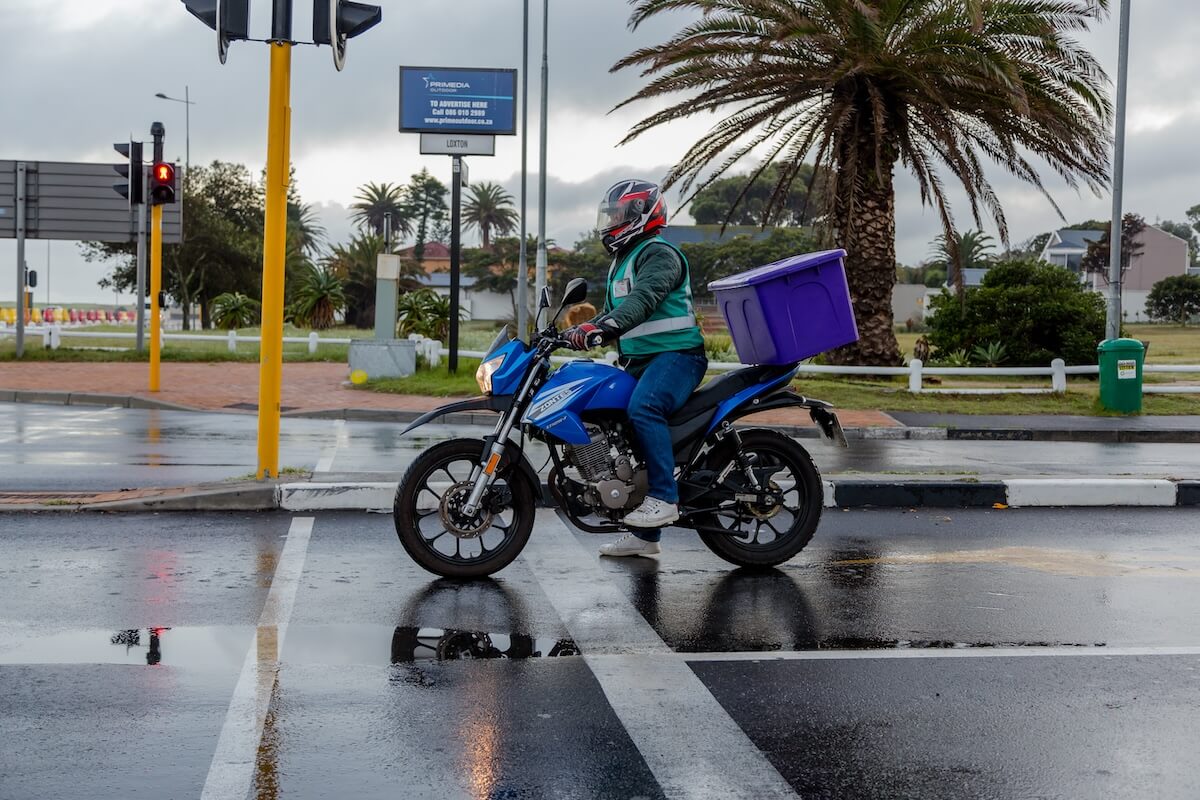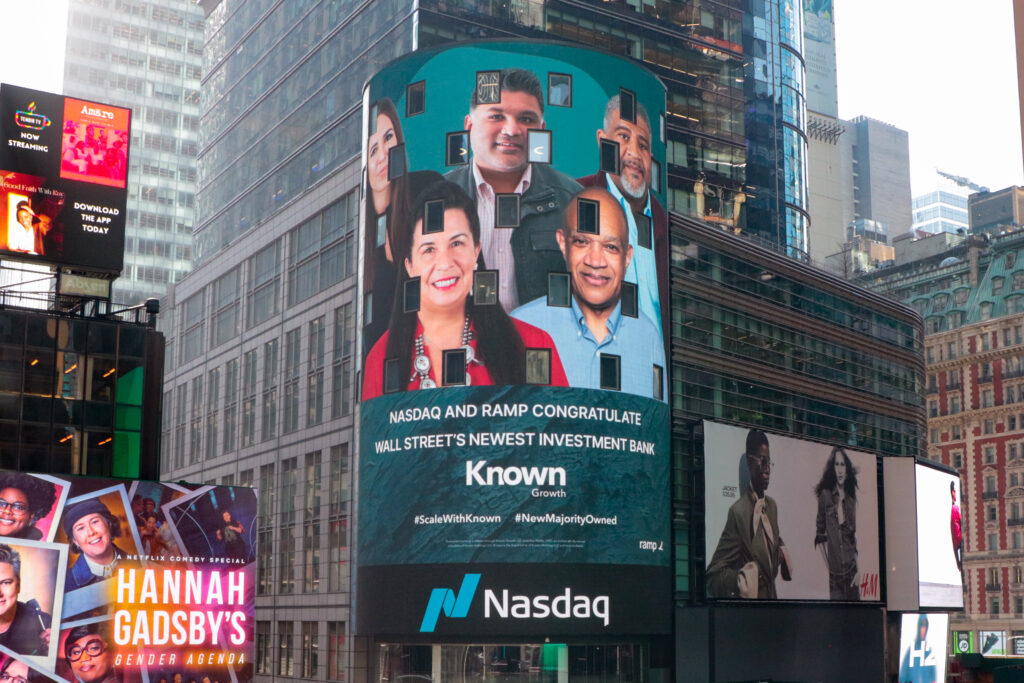One hundred million. That’s the number of people globally who never recovered from the Coronavirus. COVID Long Haulers, as we are known, experience a myriad of 200 symptoms such as chronic fatigue, body aches, brain fog, and difficulty breathing.
In the U.S. alone, two to four million working age Americans are unemployed as a result of developing Long COVID, leading to $168 billion in lost earnings (or 1% of our national GDP). Across the Atlantic, the numbers are similar. In the U.K., 1.8 million people are too sick to work, costing £1.5 billion annually.
Last year, I wrote a post in ImpactAlpha on how the post-pandemic economy must center on disability justice and focus on Long COVID. At the time, I was a graduate student at the University of Chicago, having recently lost the ability to walk due to the lingering effects of the virus. I wrote that piece in a moment of vulnerability, hoping that my suffering would inspire action. It did.
Over the last year, at the urging of fellow Agents of Impact who heard my message, I’ve been building Strong Haulers, a tech platform that combines self-reported symptom data with data collected from wearable devices to make symptom triggers and crashes more manageable for COVID Long Haulers. Our mission is to make symptoms predictable, because when symptoms are unpredictable, life is unpredictable.
Since then, I’ve spoken to more than 40 COVID Long Haulers and countless physicians and researchers, auditioned for Shark Tank, shared a stage with Chelsea Clinton, and pitched my vision to countless audiences. And in every room I’ve spoken in, I’ve met people scarred by the virus and ignored or left-behind by society. There is always someone who knows a long hauler, is a long hauler, or discovers that they’re a long hauler after hearing my pitch. Long COVID is a ‘mass disabling event’ that will touch all aspects of society –from the productivity of our labor force, to the savings of our retirees, to the demands on our families, physicians and caregivers.
I wrote my first article and started my company because I want to show that there is a market opportunity in helping COVID Long Haulers and shift capital and policy support in that direction. In that spirit, here are several ideas for how impact investors and entrepreneurs can support or build the Long COVID Economy.
1. Support disabled entrepreneurs to close the disability wealth gap. Two-thirds of people with disabilities are unemployed. At the same time, over one billion people experience some form of a disability, making it one of the largest, and most underserved, markets globally. We can close this gap by supporting disabled entrepreneurs, and their respective ecosystem builders, in creating accessible technologies. Organizations like Enable Ventures, Synergies Works, Chisos Capital, and Startup Health’s Health Equity Moonshot are key to this work.
2. Improve care coordination between payers, physicians and patients. One of the biggest challenges I faced during my Long COVID journey has been trying to find a physician who believes my symptoms are real and has the availability to see me. Despite there being hundreds of Long COVID clinics scattered around the U.S. these clinic’s waitlists can take months. RTHM, a startup backed by Y-Combinator, is creating the first telehealth Long COVID clinic and GoodPath provides health coaches, supplements, and app-based symptom tracking as an employee benefit. These companies go a long way towards expanding access to care for Long COVID patients like myself.
3. Expand access to remote jobs for people with disabilities. The COVID pandemic has created an ‘accommodation economy,’ where remote working is now the norm. This creates all sorts of new opportunities to bring people with disabilities into the workforce. Companies like Chronically Capable and Flexa Careers have a mission to vet and post job listings for disability inclusive companies. Consider asking your portfolio companies to subject themselves to their review. While you’re at it, give this article a read from MIT Sloan Review and ask yourself, what kind of workplace are you creating? (see: “How Managers Can Support Employees with Long COVID”)
4. Invest in data analytics to help patients manage their symptoms and contribute to research. Companies like Aila Health, and my company Strong Haulers are on a mission to provide data analytics on symptom triggers, severity, and progression to help patients better understand how their symptoms change over time and in response to different stimuli. In addition, this data and technology, if packaged correctly, can eventually be used to support biopharmaceuticals during clinical trials. There is a huge opportunity here, especially if the data comes from diverse, BIPOC individuals, who historically have been excluded from clinical trials. VCs like ReDesign Health, who launch health ventures in rapid succession to one another in close collaboration with payers and providers, could dominate this space.
5. Donate to support Long COVID research, education and support groups. Most asset managers have employee-matching programs or donate parts of their profits to charity, like American Century Investments. Consider supporting organizations like Body Politic, the Patient-Led Research Collaborative, the COVID-19 Long Hauler Advocacy Project, ME Action, or Dysautonomia International, who are all doing groundbreaking work supporting people with long COVID and other post viral illnesses. (To learn more about the patient movement to recognize Long COVID, see Ryan Prior’s “The Long Haul”).
6. Offer HSA plans to your employees. This one is simple. There are currently no treatments for Long COVID and many physicians don’t even believe the condition is real (it is). This forces patients to jump between countless appointments, tests, and specialists, searching for answers and relief, costing them around $9,500 in their first six months upon diagnosis. These costs can be mitigated by offering employees HSAs that allow them to contribute parts of their paychecks to tax-exempt accounts specifically for health-related expenses.
These are just a few ideas for how we can build the Long COVID Economy. And if you’re still not convinced that disability inclusion or health equity matters, just think about this: underneath the ice caps in the Arctic are thousand year old viruses laying dormant and ready to come out thanks to climate change and heat waves. (not to mention direct human efforts to revive these old viruses and create new ones). If they do escape, these ancient viruses can mix with modern day wildlife, triggering whole new pandemics with viruses our bodies have never even seen before. Every pandemic has caused long-term damage to its hosts. COVID-19 is no different.
So let’s please deal with today’s Long Haulers before we have to face more tomorrow, okay?
Ibrahim Rashid is the founder and COO of the Strong Haulers, a tech platform that uses data to make symptoms predictable for people with Long COVID.











